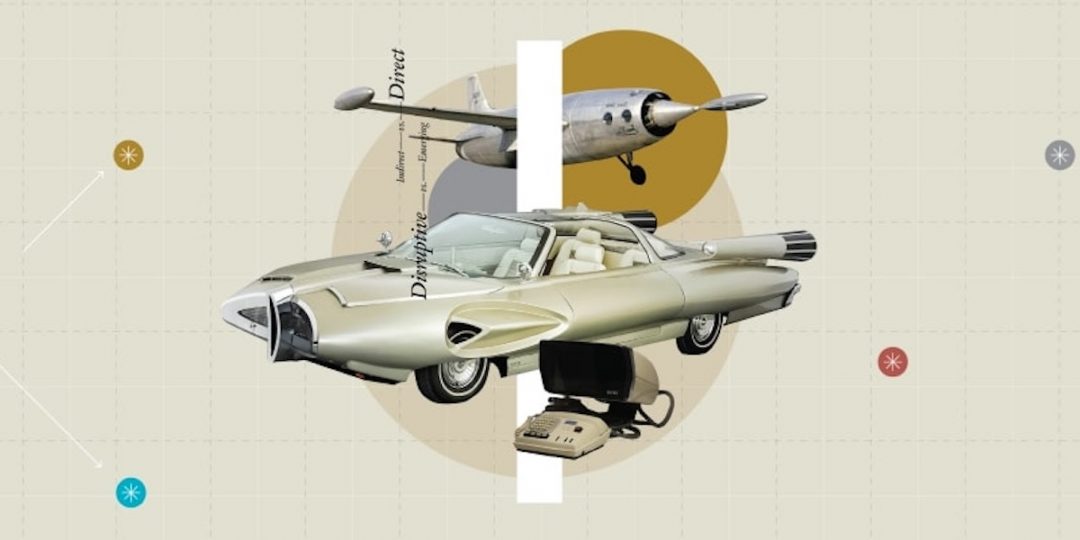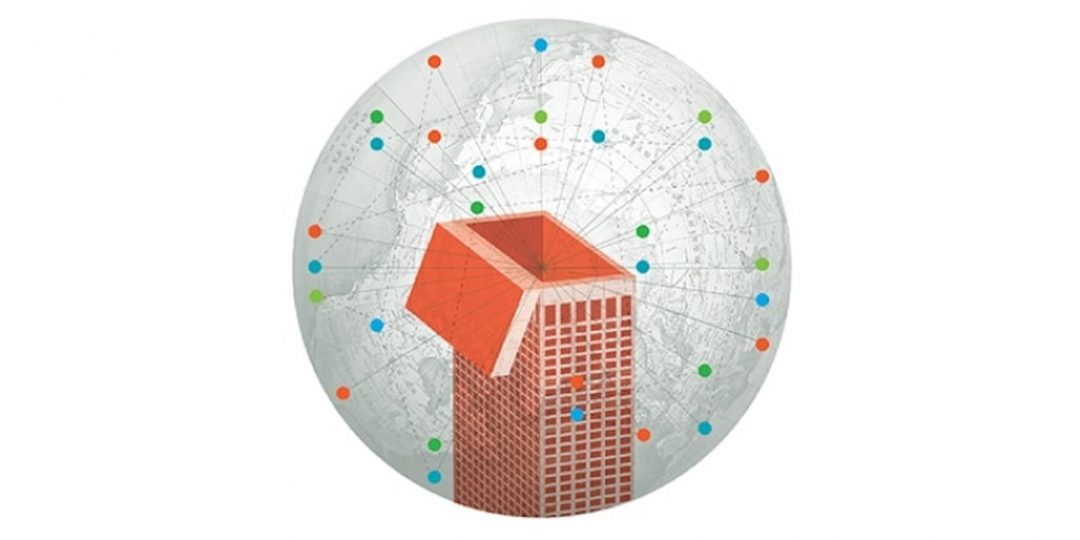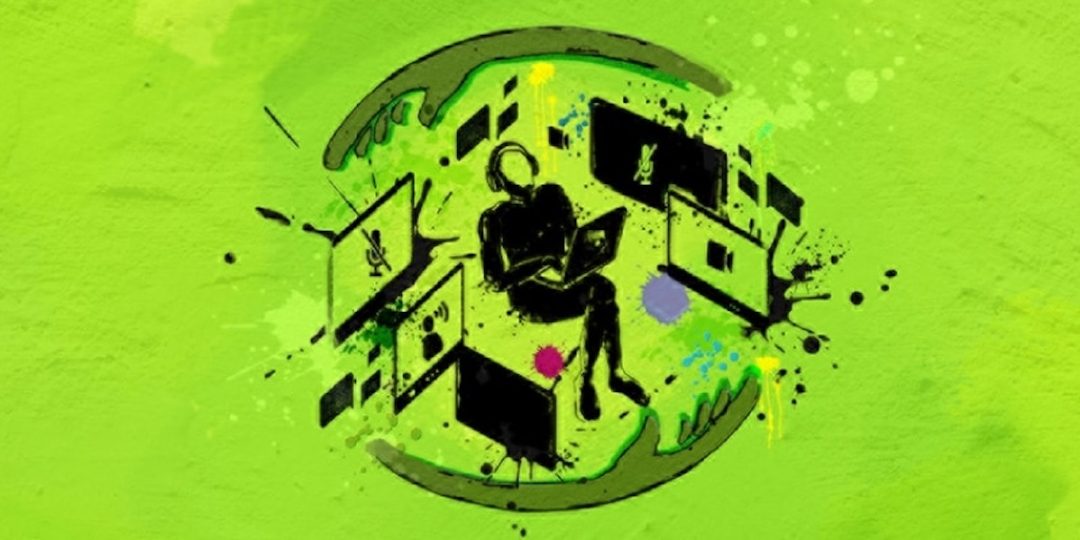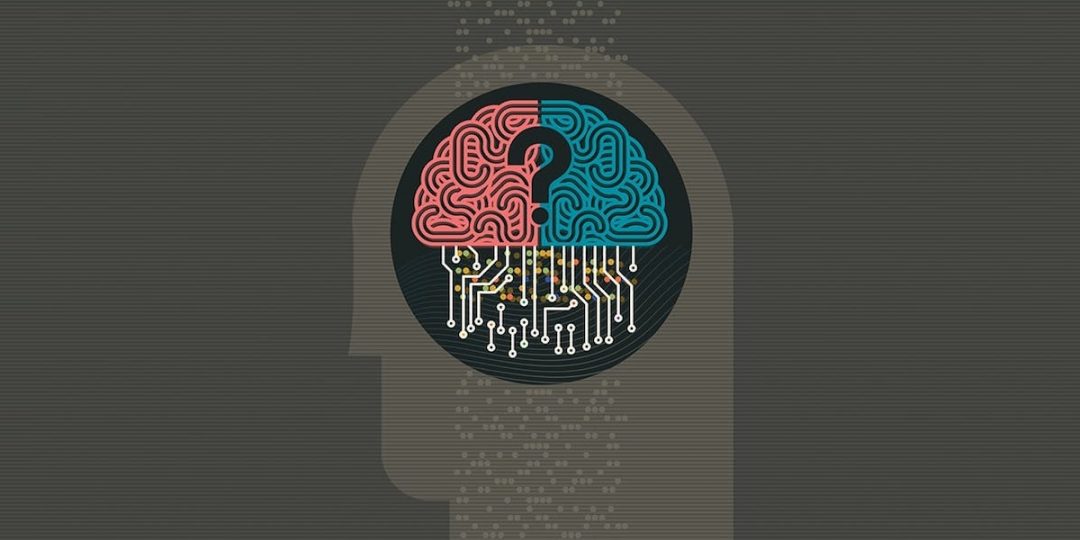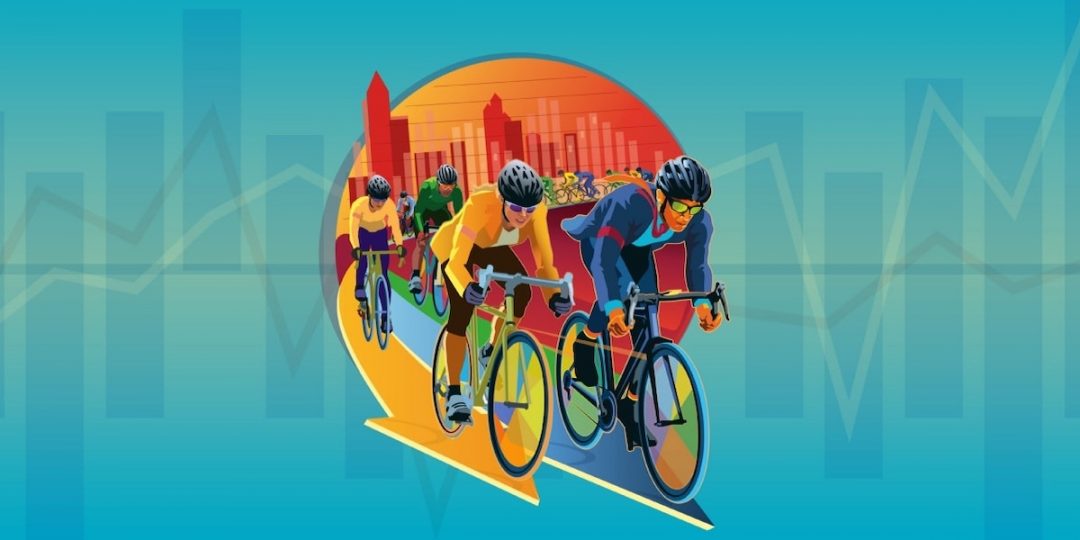We have a new essay published by Deloitte Insights, The real landscape of technology-enabled opportunity, where we look at how technology disrupts markets and society, creating opportunity.
Continue readingCategory: Topics
Setting the stage for creative performance
We have a new essay published by Deloitte Insights, Setting the stage for creative performance.> This essay is the follow-on to Unshackling the creative business from a couple of months ago.
Continue readingReconstructing the workplace
We have a new essay published on Deloitte Insights, Reconstructing the workplace: The digital-ready organisation. The essay follows on from The digital-ready workplace from last month. (We do seem to be publishing at a surprising rate at the moment.)
Continue readingWhat skills gap?
A lot of angst has been devoted to discussing the skills gap—the large and growing gap between the skills workers hold and those sought by employers. Reports have been written quantifying the skills gap, how it’s a drag on the economy, or estimating just how much the economy might boom if we manage to close it. One estimate has closing the gap as adding US$11.5 trillion to global GDP by 2028.
Think pieces and TED talks promote “the skills you need”. Training schemes and education incentives have been implemented to reskill workers, providing them with new skills, skills more relevant to a digital age. Despite these efforts, the skills gap continues to grow. It’s now ‘catastrophic’, a ‘critical issue’ for educators, employers and government.
The problem is that the more we’re looked into the skills gap, the less we’re convinced that it’s a problem. This isn’t to say that there aren’t challenges we must overcome as we sail into our digital future—it’s just that the skills gap doesn’t seem to be one of them.
Continue readingThe digital-ready workplace
We have a new essay published in Deloitte Insights, The digital-ready workplace: Supercharging digital teams in the future of work, a collaboration with Rosemary Stockdale from Griffith Business School and Tim Patston from UniSA STEM at the University of South Australia.
Most (if not all) research groups have done a survey on the affect working from home has had—this is ours, though it’s ended up in a different place. We start by trying to understand the relative merits of a push or pull approach to support workers during the transition, where push is the usual “give them the tools and training we think they’ll need” while pull is empower and support workers in finding their own tools. Generally, a push approach works well when the challenge is understood beforehand, while a pull approach is better when the challenge is not well understood as it enables workers to adapt. We’d heard anecdotal stories that firms had taken different approaches, and we were wondering how the relative benefits and problems stacked up. What we discovered, once the data started coming in, was that we were asking the wrong question.
Continue readingThe digital economy
A few weeks ago I had the pleasure of being on the panel for Blockchain and the Digital Economy at ADC’s Leadership Forum. The session outline led with three questions:
- How has 2020 accelerated the acceptance of the digital economy?
- Is blockchain fulfilling its promise as the new universal disruptor?
- How real is the role of cryptocurrencies as the new universal store of value?
It’s a large topic and an important one, as if we’re to address challenges such as growing inequality then we need to find a way to make the economy work for all of us, rather than just some of us.
Unfortunately, as too often happens, adding blockchain to a topic results in blockchain dominating the discussion with other interesting ideas ignored. Blockchain is quickly positioned as the solution and all other ways of framing (and understanding) the problems we face are ignored. This panel was no different in this regard.
Some of the ideas that would have been relevant in a broader discussion are things that I’ve been exploring for a while. Before the panel I’d pulled together an outline of the argument as to why our future is not “the digital economy”, but something much more interesting, and which creates more opportunity and freedom to act in addressing the challenges we’re facing. Rather than let a good outline go to waste I thought I’d build it out a little and publish it here.
Continue readingUnshackling the creative business
We have a new essay published in Deloitte Insights, Unshackling the creative business: Breaking the tradeoff between creativity and efficiency. Creativity is seen as an import capability for an organisation to be successful in today’s volatile, uncertain, complex and ambiguous (VUCA) world. Significant effort has been invested in fostering creativity in business, effort which sadly is often wasted. This essay looks at why this might be the case and what we can do about it.
Continue readingA moral license for AI
We have a new essay published in Deloitte Insights, A moral license for AI: Ethics as a dialogue between firms and communities. This collaboration with CSIRO’s Data61 looks into the challenge of creating ethical AI, picking apart the problems and proposing a way forward. There’s a launch event on the 2nd of September, 2020, which you can register for via Zoom.
Continue readingBuilding the peloton
We have a new essay published in Deloitte Insights, Building the peloton: High performance team-building in the future of work. Jess Watson is the lead author of a report that looks into how we need to think a bit differently about teams, team work and leadership as the drive to create more agile organisations breaks down established organisation structures.
The report uses the analogy of a cycling peloton—the team-of-teams that competes and cooperates in a road cycling race—to integrate current research on team formation and operation in a world where firms function as a team-of-teams.
Continue readingInnovating your way out of the crisis
We have a new blog post up on the Deloitte blog, Innovating our way out of the crisis.
In the past few weeks we’ve written about need for management to get out of the bunker mentality that uncertainty and a rapidly unfolding crisis had pushed us into, and how we have a perfect storm for innovation with demand collapsing for the old thing while new demand is popping up as we adapt, and the government is (effectively) subsidising innovation by providing unsecured loans and underwriting payroll (via JobKeeper). Put these together and you have the potential for (some) firms to emerge from the crisis stronger and more capable than they went in. New winners and losers will be created, and so on. That leaves one question unanswered: Where should a firm look for these new opportunities?
Now we’ve had a go at creating an innovation mud map to help find where a firm might innovate. Our hope is for this to be a conversation starter inside firms.
Published on the Deloitte Risk Advisory blog as Innovating our way out of the crisis.
Continue reading
